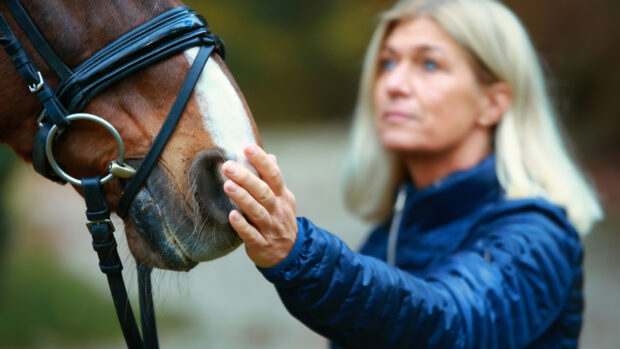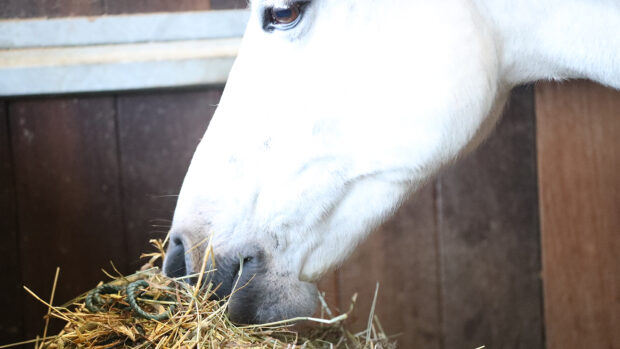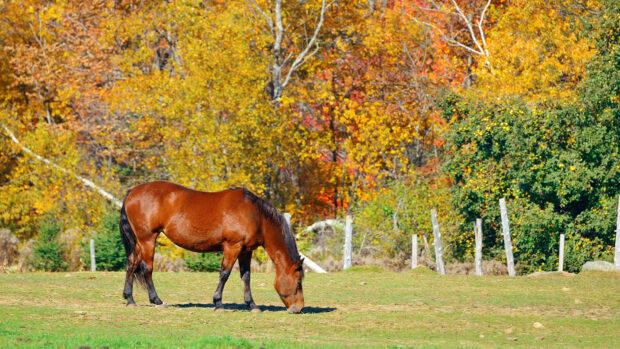Whether you are a small-scale freelance riding instructor or a large event venue or livery yard you will be aware of the risks of a serious accident happening for which you could be held liable.
Equine lawyer Lottie Goldstone (nee Prentice), knows these dangers only too well. As an event rider, with over a lifetime of equestrian experience at the top level, Lottie has had her fair share of incidents and accidents.
Lottie explains:
“Horses by their very nature are unpredictable and can be dangerous. It is inevitable that if you regularly work with horses then an accident of some form is going to happen. It is therefore of paramount importance that before anyone provides any equine related services they are fully aware of the risks involved, take steps to help minimise those risks, and have adequate insurance in place should the worst happen.”
This was highlighted only recently when Lucinda Green, Lottie’s trainer and mentor throughout her career, had a claim brought against her following an accident during one of her cross-country clinics which left a horse seriously injured. Lucinda’s case was settled out of court but claims such as these cause significant disruption to any business.
Lucinda’s equine knowledge and experience are legendary and she is hugely respected by fellow riders. But even with her being a household name she too has been subjected to a claim.
The following steps should be taken to minimise the risks:
• A thorough risk assessment should be undertaken on all aspects of the business. The Health and Safety Executive is a good place to contact for assistance in carrying out an assessment and can also provide support in implementation recommendations as well as providing information and paperwork for your work place.
• All safety equipment should be kept up to date, be checked regularly, be easily accessible and be used.
• Local authority rules and regulations should be checked and adhered to and any necessary licences for the business applied for. For example premises used for the stabling of horses, hire-out of horses or ponies for riding or instruction must be licensed. Licences are applied for from your local council.
• You should consider whether your business is eligible to become a BHS/Association of British Riding Schools or other regulatory body approved establishment. The BHS have a register of registered instructors and grooms as well as riding schools and provide good information as well as support to its registered businesses.
• Always ensure that your paperwork is up to date, properly completed and carefully stored.
• It is a legal requirement for anyone who runs a riding establishment to have liability insurance in place. Regardless of whether or not your business falls within the scope of the legal definition of ‘riding establishment’ you should have your business activities adequately covered by insurance.
• Insurance that also includes cover for legal costs is essential.
There is encouraging news for riding establishments. A number of recent cases against riding schools have shown that the tide is turning in their favour.
In the high court case of riding school owner Jill Carenza a negligence claim was made against her by a woman who suffered a serious head injury during a riding lesson in 2003.
The high court held in the riding school owner’s favour that the incident was no more than a terrible accident and it had not been caused by the negligence of the instructor. The judge accepted that “riding is not risk free and instructors must take steps to reduce the risks to what is reasonable and acceptable”.
So the message is that as long as you have not been negligent, you have taken steps to demonstrate effective risk management, and have clear evidence of record keeping, you will have a good opportunity of successfully defending any claim brought against you.
For further information or a free initial consultation on any aspect of equine law, please contact Lottie Goldstone on 01242 246432 or email cgoldstone@hcrlaw.com or Alison Goodwin on 01432 349675 or email egoodwin@hcrlaw.com.




